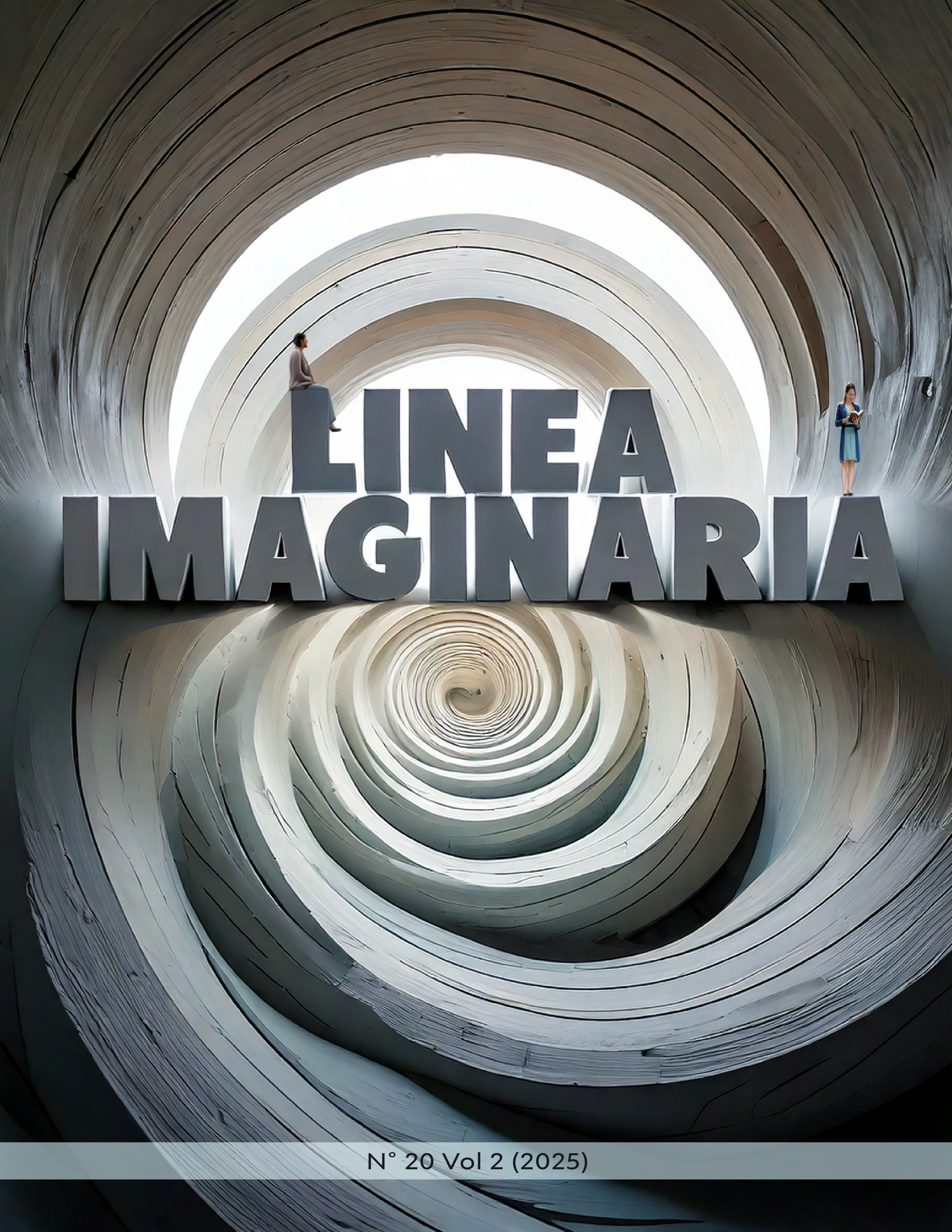ECO-CONSCIOUSNESS AS A CROSS-CUTTING AXIS IN PEDAGOGICAL MANAGEMENT OF THE 21ST CENTURY
DOI:
https://doi.org/10.56219/lneaimaginaria.v2i20.3770Keywords:
ecological awareness, , school, educational management, environmentAbstract
This argumentative article analyzes the importance of incorporating ecological awareness in the pedagogical management of educational institutions in the face of the current global environmental crisis. From a theoretical-practical approach, it examines how education can foster responsible attitudes towards the environment, both in teachers and students. Ecological awareness is understood as the ability to understand, value and care for the natural environment, recognizing the interdependence of all living beings. The article highlights key elements such as respect for biodiversity, valuing ecosystems and the need to adopt sustainable practices. It also addresses perspectives such as deep ecology and systems thinking, which strengthen this integral vision. In addition, the thinking of Paulo Freire is linked, highlighting liberated education as a way to awaken a critical and transforming conscience from an early age. From a critical reflection, it is understood that including ecological education in the school curriculum is key to help build a more just future in harmony with the environment.
Downloads
References
Capra, F. (2016). La misión sistémica de la vida: Una vision unificadora. Cambridge
University Press.
CGIAR. (2022). Los páramos, un ecosistema hoy reglamentado. Recuperado de
Cheng, J. C., & Monroe, M. C. (2012). Conexión con la naturaleza: Actitud afectiva de los
niños hacia la naturaleza. Ambiente y comportamiento, 44(1), 31-49.
https://doi.org/10.1177/0013916511411476
Collado, S., & Corraliza, J. A. (2015). Experiencias restauradoras de los niños y
comportamiento ambientales autoinformados. Ambiente y comportamiento, 47(1),
-56. https://doi.org/10.1177/0013916513492417
Cook, J., Nuccitelli, D., Green, S. A., Richardson, M., Winkler, B., Painting, R., ... & Skuce,
A. (2013). Cuantificando el consenso sobre el calentamiento global antropogénico
en la literature cientifica. Cartas de investigación Ambiental, 8(2), 024024.
https://doi.org/10.1088/1748-9326/8/2/024024
Evans, G., Brauchle, G., Haq, A., Stecker, R., Wong, K., & Shapiro, E. (2007). Actitudes
y comportamientos relacionados con el medio ambiente de niños pequeños.
Ambiente y comportamiento, 39, 635–658. http://dx.doi.org/10.1177/
Freire, P. (1970). Pedagogía del oprimido. Continuo.
Ministerio de Ambiente y Desarrollo Sostenible. (2021). Respira, el plan para restaurar
los ecosistemas de Colombia.
Ministerio de Educación Nacional. (2023). Actualización de la Política Nacional de
Educación Ambiental.
Moreno, I., Amérigo, M., & García, J. A. (2016). Diseño y aplicación de una escala de
actitudes ambientales en educación primaria. Psicología, 7, 64-88.
http://doi.org/10.1080/21711976.2015.1114217
Samper-Villarreal, J., Vincent, A., Álvarez, C., & Gutiérrez-Espeleta, G. A. (2019). I
Simposio sobre Cambio Climático y Biodiversidad: Hacia el fortalecimiento de la
resiliencia y acciones requeridas ante el Cambio Climático en Latinoamérica.
UNED Research Journal / Cuadernos de Investigación UNED, 11(1), S7-S17.
Shiva, V. (2005). Democracia de la tierra: Justicia, sostenibilidad y paz. Prensa del
extremo sur
Sobel, D. (2004). Educación basada en el lugar: conectando aulas y comunidades. La
Sociedad Orion.
Smith, G. A. (2002). Educación basada en el lugar: aprendiendo a estar donde estamos.
Phi Delta Kappan, 83(8), 584-594.
World Wildlife Fund. (2020). Informe sobre el planeta vivo 2020 – Doblegando la curva
de la Pérdida de biodiversidad. https://www.worldwildlife.org/pages/living-planetreport-2020
Downloads
Published
How to Cite
Issue
Section
License
Copyright (c) 2025 LÍNEA IMAGINARIA

This work is licensed under a Creative Commons Attribution-NonCommercial-ShareAlike 4.0 International License.
La revista Línea Imaginaria conserva los derechos patrimoniales (copyright) de las obras publicadas, que favorece y permite la reutilización de los mismos bajo la licencia Creative Commons Atribución-NoComercial-CompartirIgual 4.0 , por lo cual se pueden copiar, usar, difundir, transmitir y exponer públicamente, siempre que se cite la autoría y fuente original de su publicación (revista, editorial, URL y DOI de la obra), no se usen para fines comerciales u onerosos y se mencione la existencia y especificaciones de esta licencia de uso. Si remezcla, transforma o crea a partir del material, debe distribuir su contribución bajo la misma licencia del original.














